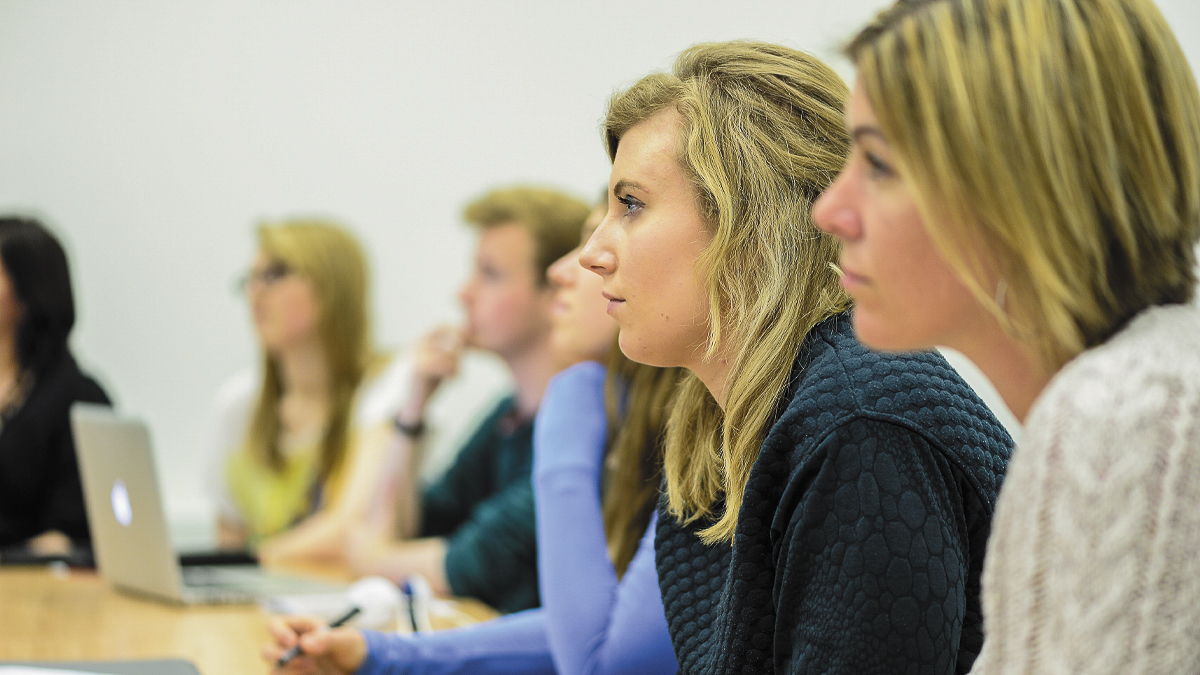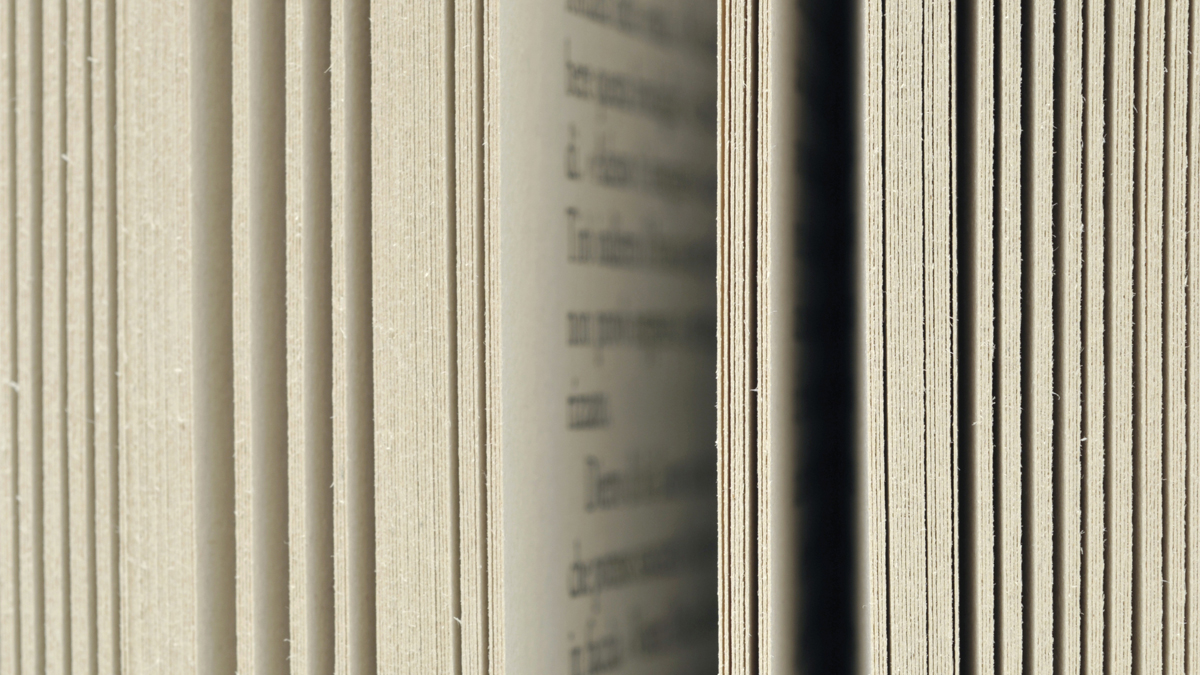
We are an English Literature department with wide-ranging interests and world-leading archives. We are in the top 150 worldwide for English Language and Literature (QS World University Rankings by Subject, 2025).
The University of Reading is 6th in the UK for research outputs in English Language and Literature (Times Higher Education analysis of the latest Research Excellence Framework 2021 – English Language and Literature, when scoring by GPA Output).
You will become part of a diverse and inclusive community of readers and writers, united in our passion for our subject.
Our curriculum is global, contemporary and comprehensive, and you can study literature from across the world and every period of history, right up to the present.



